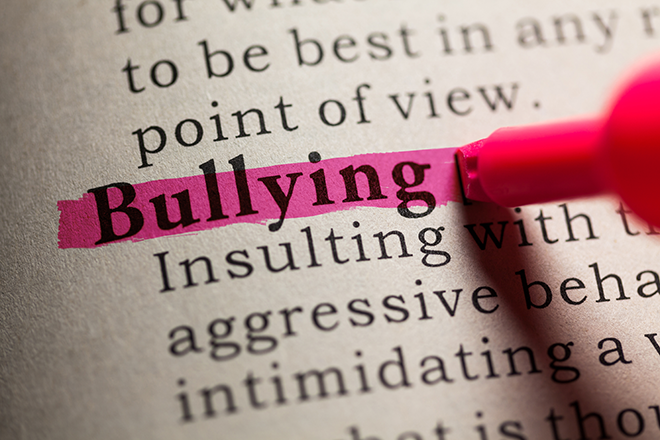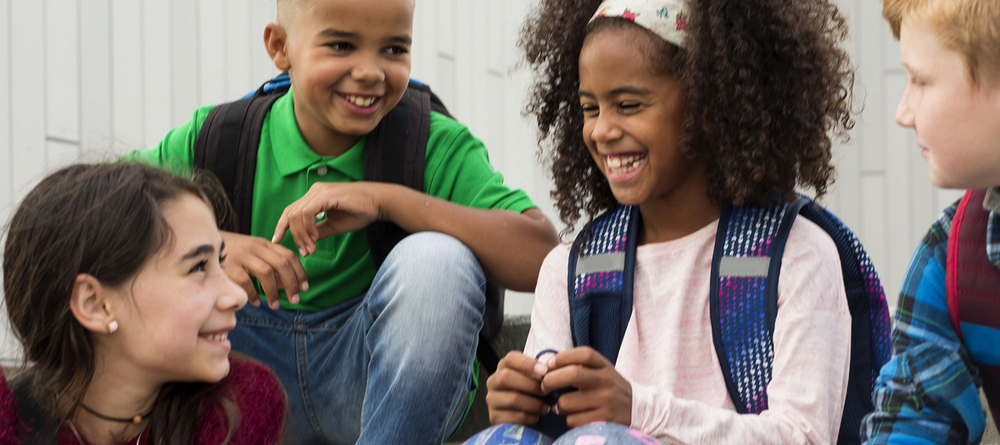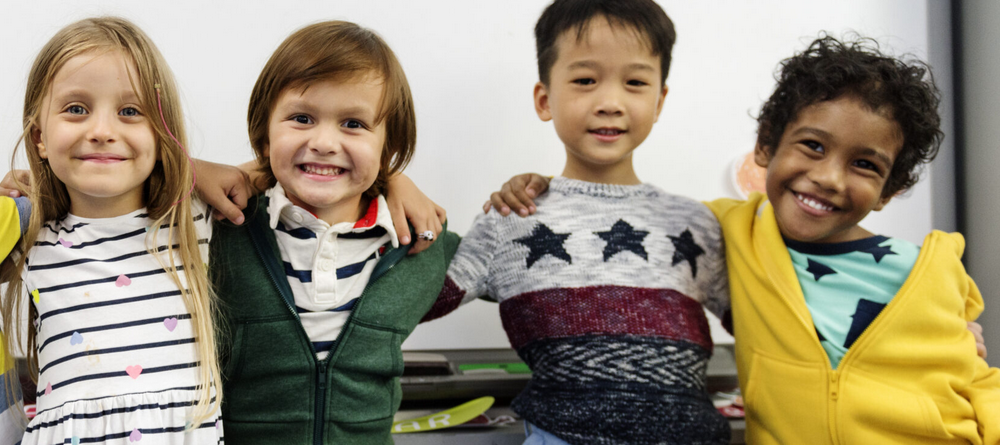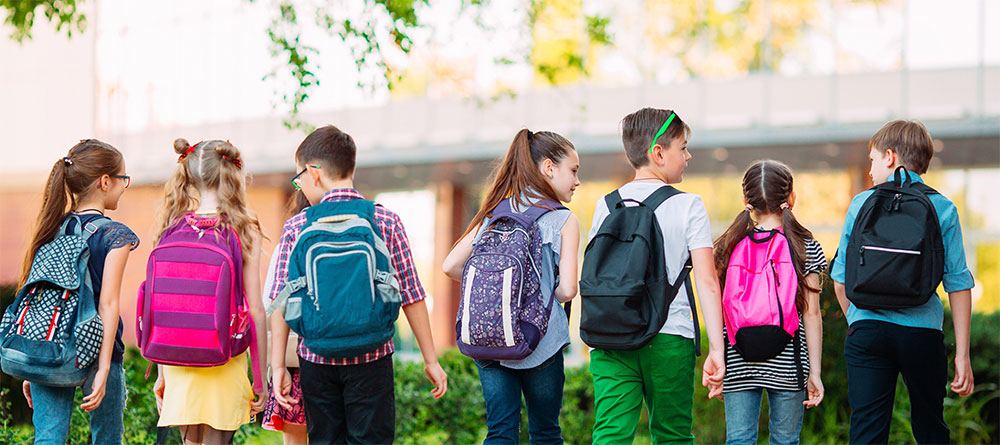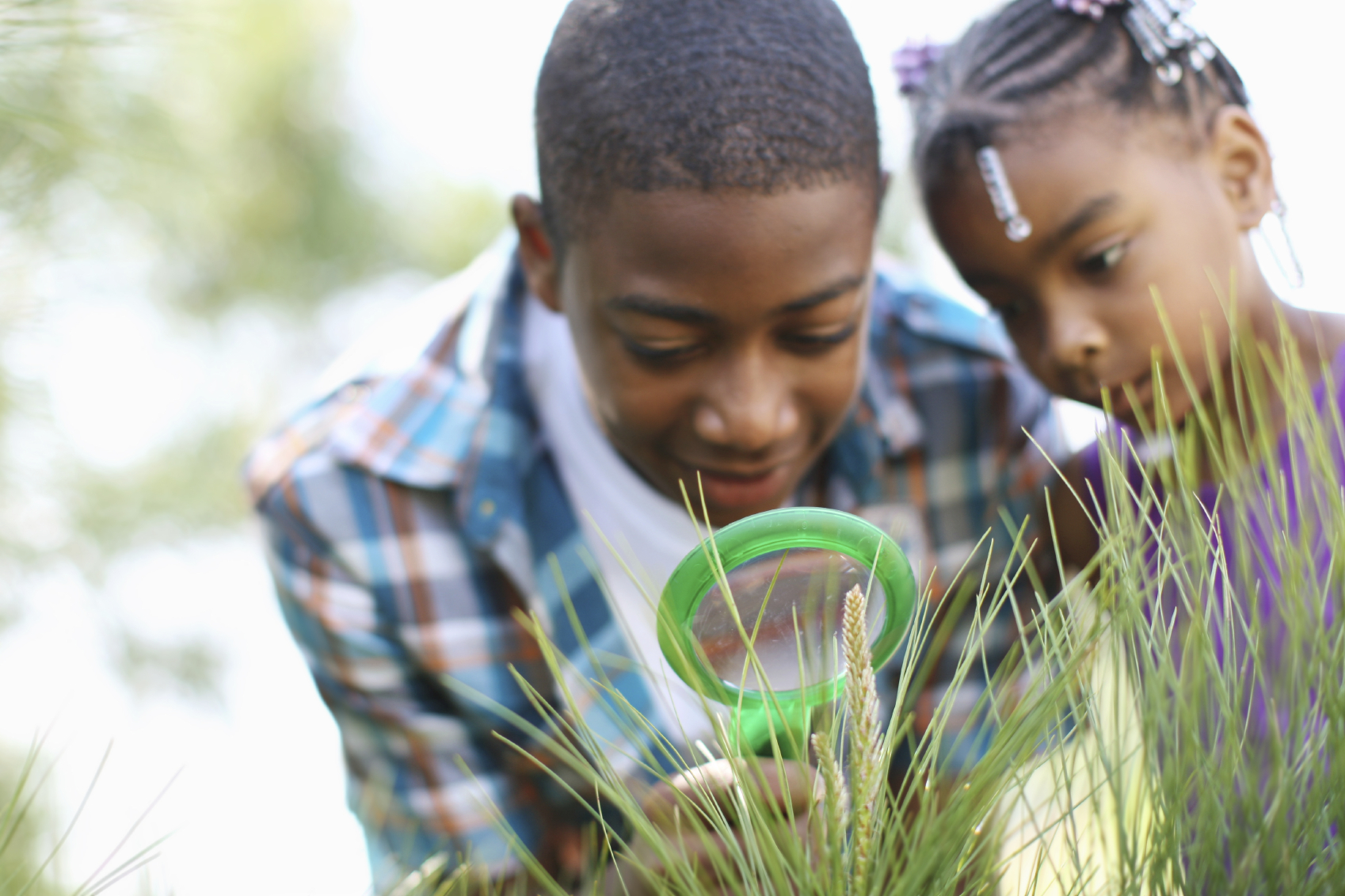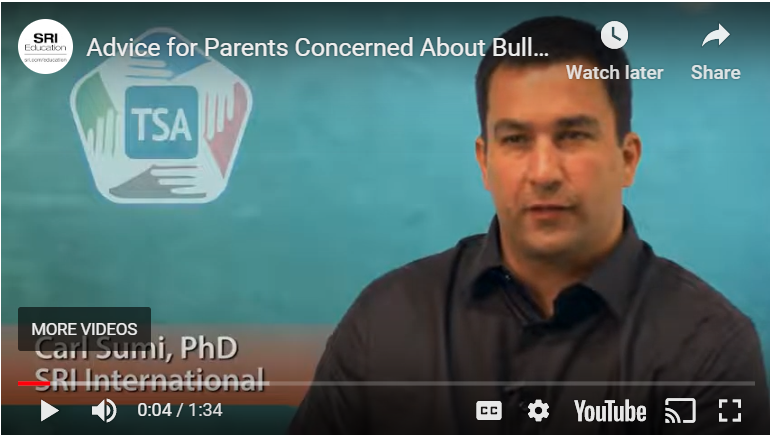Implementation and evaluation study of trauma-informed universal (Second Steps), secondary (Bounce Back), and tertiary supports (districtwide behavior support team) in 30 elementary schools in one urban school district. Lead Investigators: W. Carl Sumi, Michelle Woodbridge Funder: National Institute for Justice Dates: 2017-2021
Large-scale effectiveness study of First Step to Success, an early intervention program for children in grades 1-3 with antisocial or aggressive behaviors, conducted in 48 elementary schools of 5 states. Lead Investigators: Mary Wagner, W. Carl Sumi Funder: U.S. Department of Education Dates: 2006-2011
Research coordination center that worked closely with four university-based behavior research centers in conducting randomized trials of interventions for students with severe behavior problems in grades 1-3. Lead Investigators: W. Carl Sumi, Michelle Woodbridge Funder: U.S. Department of Education Dates: 2004-2009
Measures taken to address the spread of COVID-19, from precautionary social distancing to shelter-in-place orders, have dramatically impacted children and their families. In addition to navigating their own stress during a period of uncertainty and change, parents are faced with addressing the questions and concerns of their children, many of whom are spending significant amounts … Continue reading Maintaining wellness in crisis: Boosting children’s emotional health
Dr. Carl Sumi is an expert in student behavioral research and interventions. This is Dr. Sumi’s advice for parents who suspect their child may be experiencing bullying in school. This video was produced by the 3C Institute. Helpful resources on cognitive behavior interventions can be found on the Cognitive Behavioral Intervention for Trauma in Schools (CBITS) … Continue reading What can parents do to prevent and address school bullying?

